Hong Kong has temporarily banned flights from the United States, the United Kingdom and six other countries as it attempts to get ahead of an Omicron outbreak.
The two-week ban comes into effect at midnight on Sunday for passenger flights from the US, UK, Australia, Canada, France, India, Pakistan, and the Philippines, and will remain until January 21. Hong Kong is also closing bars, museums, gyms and beauty salons and banning dining in restaurants after 6pm for two weeks starting January 7. The measures come as the city recorded its first cases of community Omicron infection, sparking fears that Hong Kong is "on the verge" of another wave according to leader Carrie Lam.
"We’re facing a very dire situation, that’s why we have to take very decisive measures," Ms Lam said on Wednesday. "Our strategy is to be fast, harsh and precise—we are hoping the short-term pain will pay off."

Hong Kong has imposed some of the strictest border measures in the world. Alongside mainland China it's pursuing a "Zero COVID" strategy to stamp out any traces of the virus. That means that most foreign visitors are banned from entering, while almost all international arrivals are required to undergo 21 days of quarantine at a government-designated hotel, regardless of vaccination status.
Read more: Flight cancellations and delays continue: what you should know
Despite its tough border measures, Hong Kong has reported 114 Omicron variant cases as of Tuesday, according to Reuters with most being imported, as well as its first untraceable case in three months. Officials have responded by mass-testing thousands of people including 2,500 passengers on a Royal Caribbean cruise ship after Omicron cases were recorded on board.
"We have to contain the pandemic to ensure that there will not be a major outbreak in the community again," Ms Lam said.
The Omicron outbreak threatens Lunar New Year celebrations which begin on February 1.
You might also like:
Do not travel on cruise ships cautions CDC, as COVID cases soar onboard
Why Americans are asked to have "contingency plans" in place for international travel


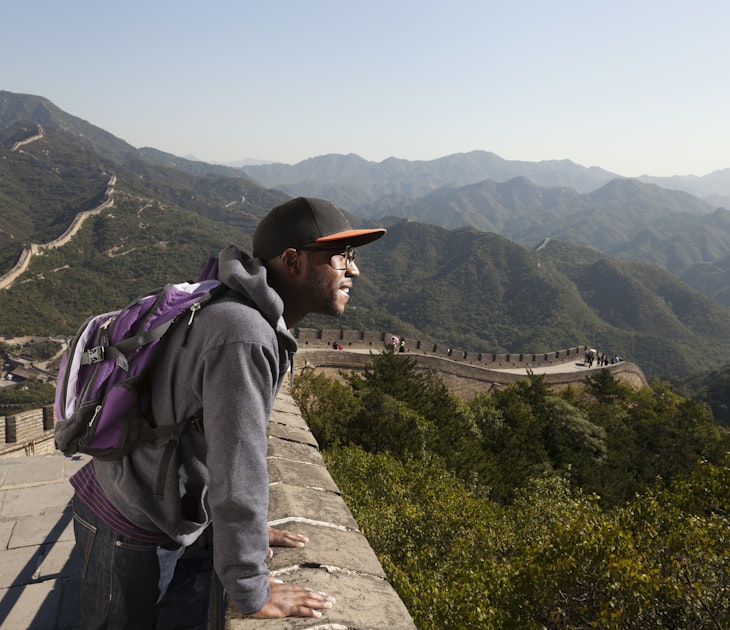
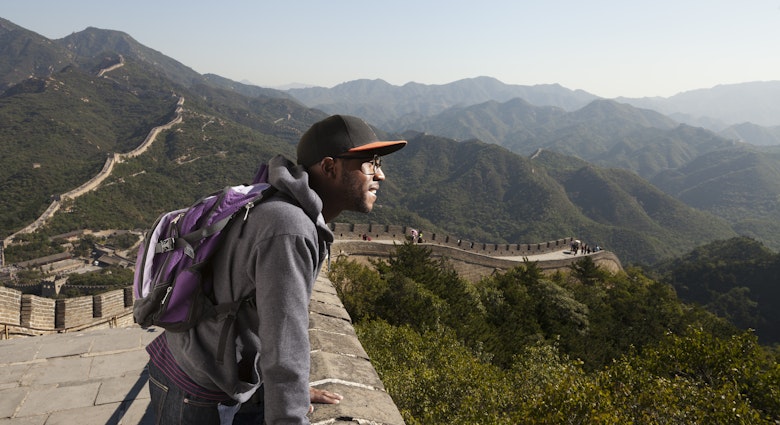

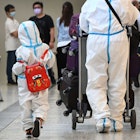
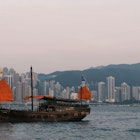



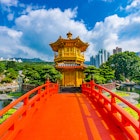
.jpg?auto=format&w=140&h=140&fit=crop&q=75)
